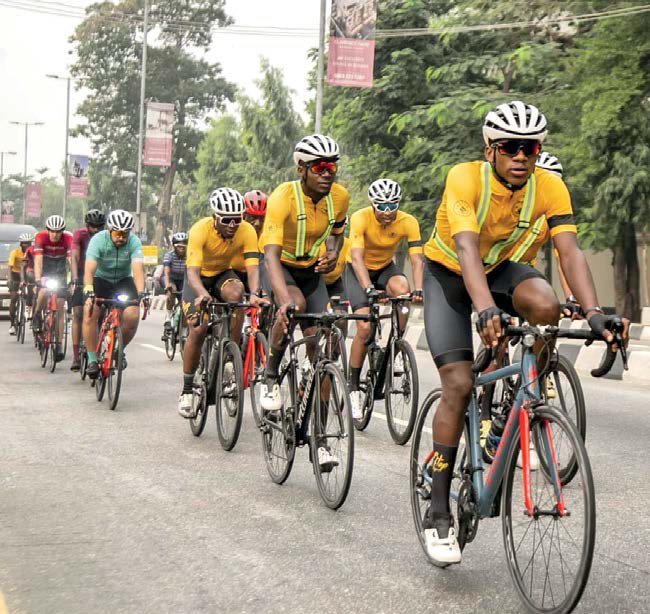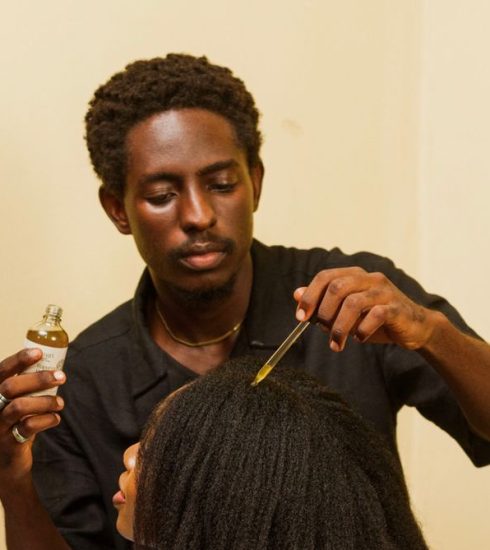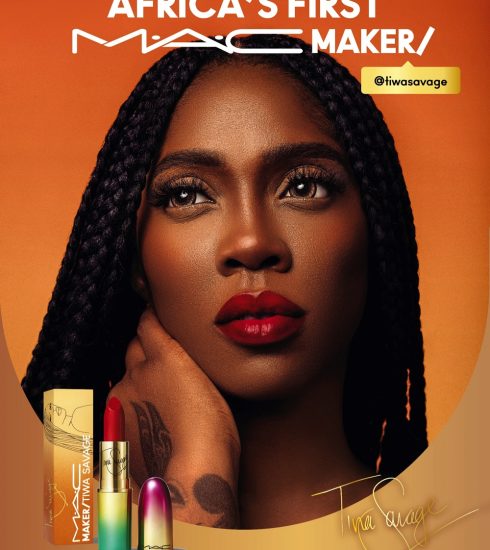Cycling A Lifestyle
I never experienced the feeling of owning a bike as a child. Being a bystander when friends shared laughs and screamed arguments of who came first and who last was a feeling I was much accustomed to. The knowledge of how to ride a bike and owning one at the time was as close as we came to knowing how to drive or having a car. Being able to perform stunts while riding was the holy grail of skill.
Let me pull you out of that memory to one when all was right with Nigeria and cycling was an important part of transportation in the country. Travelling from the workplace to one’s own home on a two-wheeled machine was common practice in both urban and rural parts of Nigeria. Now in recent years, it’s become nothing but a distant memory with the influx of cars in the country. Having a car is no longer considered a luxury as a few million Naira can get you a car. The state of the car though is another discussion.
This sharp rise in vehicular congestion has Lagosians riding shotgun to traffic daily requiring them to spend multiple hours behind the wheel, largely contributing to a rapid increase in the number of accidents along our roads. Don’t get me wrong, I hold nothing against cars- they are comfortable but being a little uncomfortable has an impressive track record of keeping people on their toes.
The Coronavirus pandemic is an uncomfortable example. Despite its huge and obvious cons, it had some less romanticized pros. Some being the Earth finally repairing the gaping hole in its ozone layer, we got to spend more than enough time with family and loved ones and there was a well-deserved shift from chasing the metaphorical bag to focusing on our health whether mental or otherwise. Less
stress meant better sleep, better eating habits and the general increase of serotonin that came with spending time with those we held dear.
Another thing that largely benefited from this was cycling. COVID-19 was a big enough reality check that people needed to care about their health again. Coming across a small mob of people cycling and sweating profusely along the Third Mainland Bridge was both rewarding and refreshing. This exercise has obvious health benefits aside from its overall thrill.
It improves your cardiovascular strength and fitness allowing your heart to pump blood better and more efficiently, precluding you from any heart-related problems. When we drive for long hours, our joints and back muscles stiffen as a result of sitting and we get twisted into knots that can be unwound by taking time to paddle a bike for 20 to 30 minutes in a day.

The Pitstop Lagos Cyclist
Like any form of exercise, riding a bike helps you lose excess weight and you’d finally be able to label yourself an athlete if you lost that title to the cool kids in high school. In countries around the world including Nigeria, there has been an inclusion of cycling into the lifestyle scene. And although the Cycling Federation of Nigeria exists, not many Nigerians have ever heard of them and their accomplishments.
On the lifestyle front, it has been embraced with the development of cycling groups like Cycology Club and Wheelers Cycling. There are also cycling inspired cafes like Pitstop Lagos that offer riders a place to recharge, refuel on healthy food and relax. Another attaché of the cycling lifestyle movement is Bicycle Motocross (BMX) riders. This aspect in Nigeria has not garnered as much attention as its cousin (cycling) but it is not without its loyal devotees.
AwaBike, a small tech startup out of Nigeria also aims to increase the number of bike riders in schools and residential areas with their ready-to-hire custom bicycles. Aeons might go by before we see commuters cycling to work on their reserved lanes or the government making more provisions for cycling and cyclists but it’s good to know that there is a foundation that has received the bangs and scrapes of starting something new in Nigeria.






